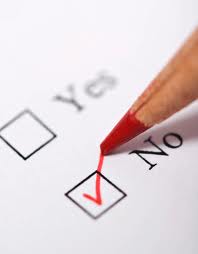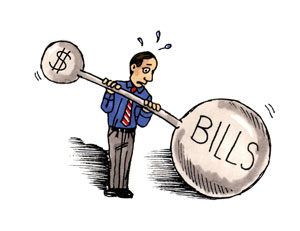Sovereign Immunity - Suing the King
/ There are times when a client comes to us who has been injured (or even killed) by the actions of someone who works for a city, the county, the state or even the United States. In Ohio, many of the actions and employees of the State are protected from lawsuits (and paying damages in lawsuits) by a doctrine called "sovereign immunity" - which is an ancient legal doctrine that holds that you can't sue the King because the King is the law.
In Ohio, there is a sovereign immunity statute (or series of related statutes) that provide when and how you can sue a city, the County or the State. It's a confusing series of statutes, and the interpretation of the provisions of those statutes are a constant source of litigation and Court of Appeals' decisions. In fact, the Ohio Supreme Court is due to issue a decision in the very near future that talks about how two provisions of those statutes work together (a fire truck struck an automobile on its way to a fire).
There are times when a client comes to us who has been injured (or even killed) by the actions of someone who works for a city, the county, the state or even the United States. In Ohio, many of the actions and employees of the State are protected from lawsuits (and paying damages in lawsuits) by a doctrine called "sovereign immunity" - which is an ancient legal doctrine that holds that you can't sue the King because the King is the law.
In Ohio, there is a sovereign immunity statute (or series of related statutes) that provide when and how you can sue a city, the County or the State. It's a confusing series of statutes, and the interpretation of the provisions of those statutes are a constant source of litigation and Court of Appeals' decisions. In fact, the Ohio Supreme Court is due to issue a decision in the very near future that talks about how two provisions of those statutes work together (a fire truck struck an automobile on its way to a fire).
In short, the Ohio General Assembly has decided to make it somewhat difficult to sue the government. The tragic aspect of some portions of these statutes is that if a police or fire vehicle runs a red light and injures or kills you or someone in your car, they have sovereign immunity in many instances - and even your own under-insured/uninsured motorist policy that you paid extra for will not cover your damages.
Despite these difficulties, we have had some successes in pursuing and resolving claims against the government. But, for now, drive with your windows (to hear the sirens as far off as possible) - even in the winter.









